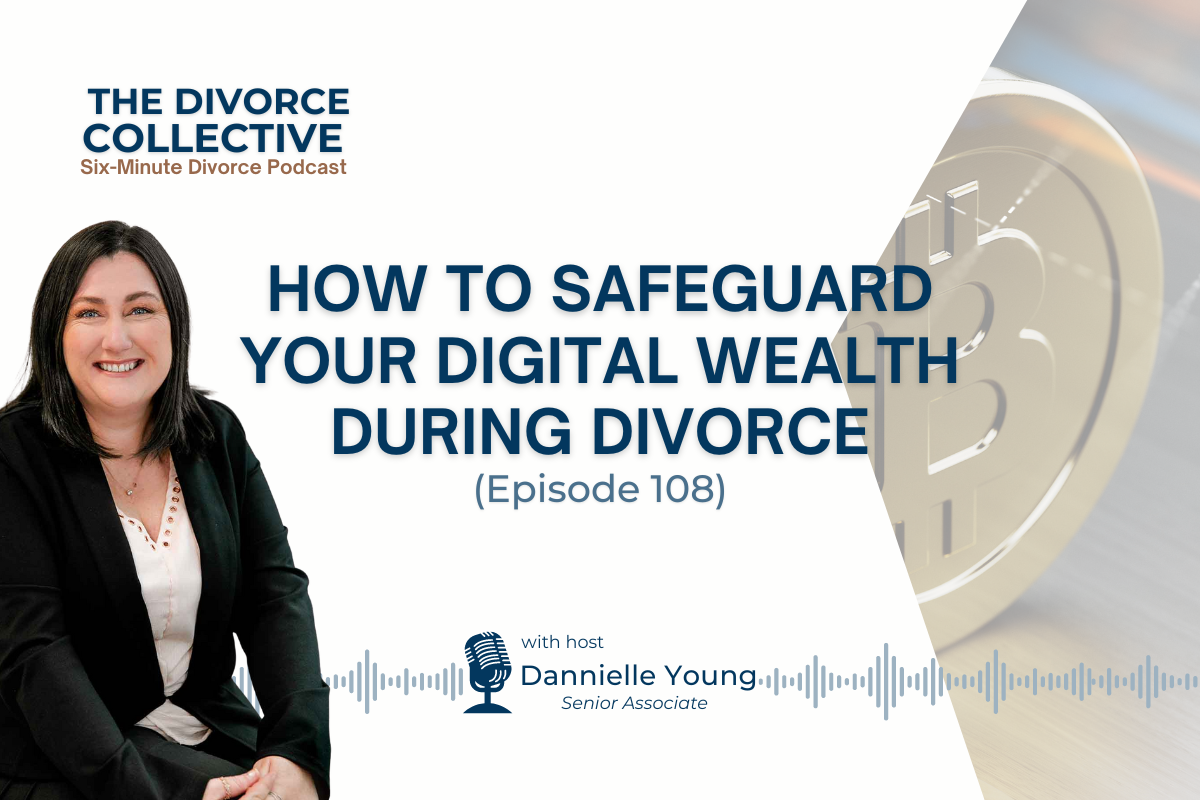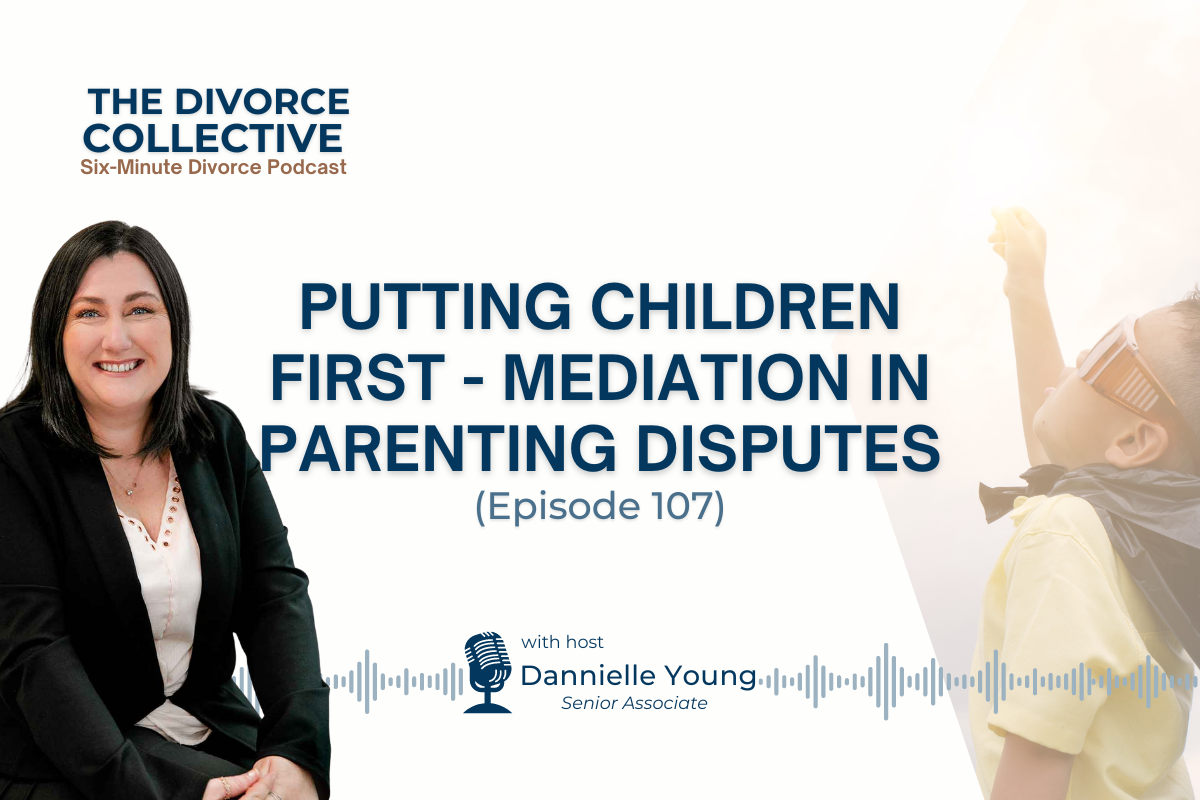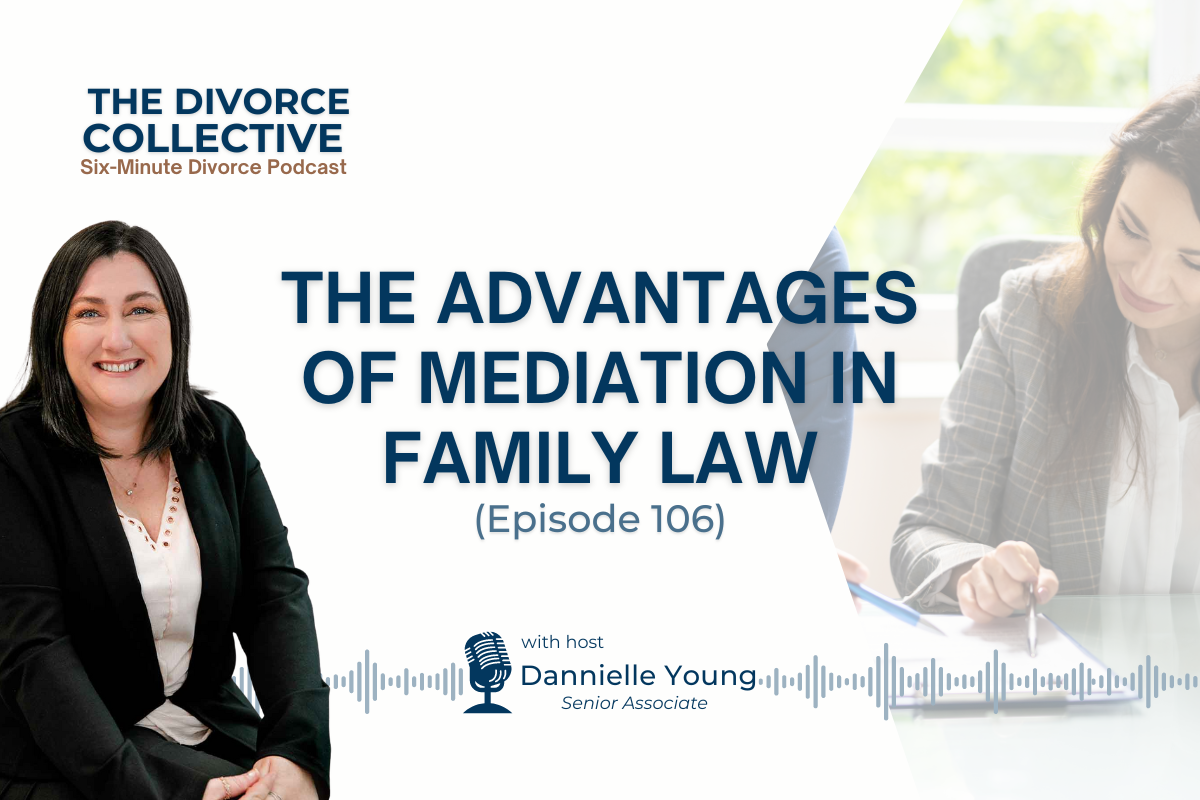You can only put an end to domestic violence (DV) if you are able to recognise it.
Unfortunately, many people when inside a violent relationship, can’t spot it. We use the analogy that it is like you are a crab in a pot of water on the stove, the water heats up but it is gradual that you don’t notice and are unaware that you are cooking.
Here at the Collective Family Law Group, our experienced divorce lawyers on the Gold Coast are dedicated to shining a light on this issue, helping you recognise the signs, and guiding you through the steps you can take to break free.
When you first start your relationship, there may not be any signs of DV, however, there can be subtle traits as they start to creep in.
HERE ARE SOME SIGNS THAT YOUR RELATIONSHIP HAS DOMESTIC VIOLENCE IN IT:
1. Physical Abuse:
This is the physical abuse of a partner, whether it be an assault to the body, destruction of property, driving dangerously, threatening to harm or sexual abuse.
2. Emotional Abuse:
This involves actions such as undermining a victim’s self-esteem/self-worth, calling degrading names or comments in the relationship or to others about the victim, or Emotional abuse may include threats, insults, isolation and more, but these three types can be some of the hardest to detect.
3. Sexual Abuse:
This includes non-consensual sex, forceful sex, sex without protection and sexually degrading a partner.
4. Social Abuse:
This is where another partner socially alienates their partner in a social setting, controlling who they spend time with, and who they communicate with or message.
5. Verbal Abuse:
Verbal humiliation, attacking the partner’s personality and self-esteem, abusive texts, emails, and telling lies about the partner.
6. Economic Abuse:
This is where a partner takes control of all the finances and restrains access to bank accounts or money to the other partner. Controlling spending, accusations of spending etc. is another sign of economic abuse.
7. Threatening or Intimidating behaviour:
Threatening that they are going to do any of the above things, threatening to harm themselves, or another person/property.
So, what do you do if you recognise any of these behaviours mentioned above?
You can seek help from an organisation such as Respect or Women’s Legal Service Queensland
Obtain a protective order from the court, which is vital if you are a victim of domestic violence. This step is different all around Australia, some are called Apprehended Domestic Violence Orders, and others are known as Domestic Violence Orders.
This is when you go to your local court, where you have a simple process on how you can make that application. There are people in the court who can help you with this process. If you can financially retain a lawyer, they will take care of this, or go to a police station to find these applications as well.
If you have an incident at your home, call the police and they will attend.
It is really important if you recognise the signs of Domestic Violence, to seek help and obtain an order to help prevent domestic violence. Once you have space away from a violent partner, you are able to make better decisions. When you are being overpowered by somebody, it is extremely hard to find clarity.
You only get one chance to go through your family law matter, and you only get one outcome. If you have a violent partner, reaching an agreement is so much harder. It is important that if you are a victim of domestic violence you seek help from professionals.
Please reach out if you feel any of these points resonate with you, as your safety is our number one priority.
You don’t have to face these challenges alone. Our Gold Coast domestic violence lawyers at the Collective Family Law Group are here to support and guide you. We offer a FREE initial family law consultation where you can discuss your situation with us confidentially. Remember, your safety is our number one priority, please feel free to contact us at 5574 0971 or email us at admin@cflg.com.au





